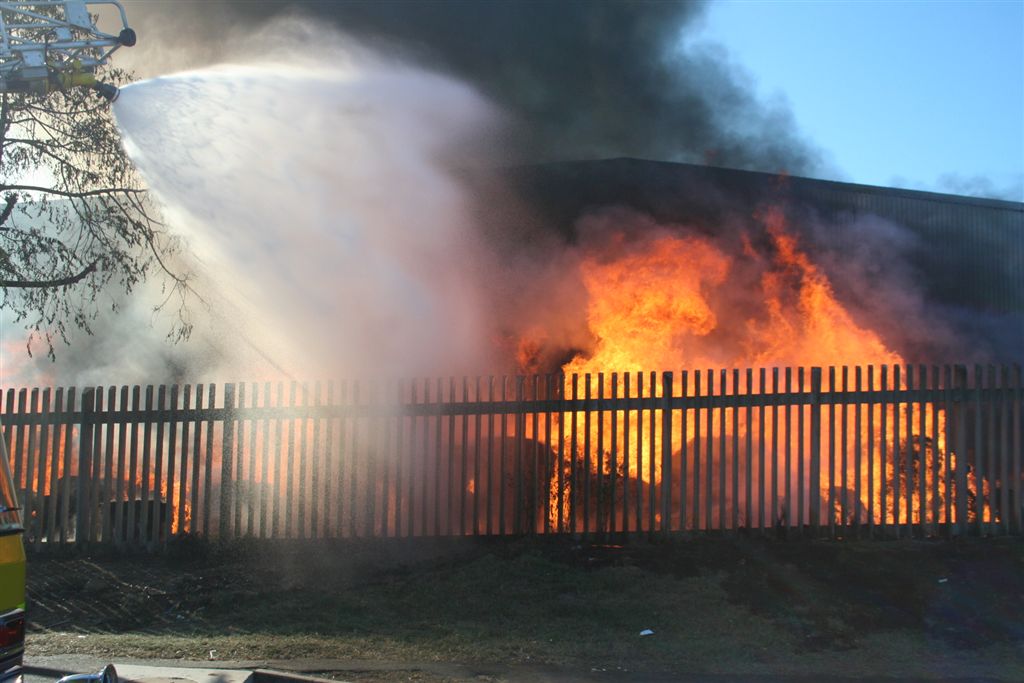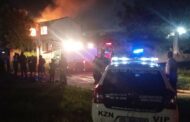With the families and loved ones of those lost in the devastating fire at the Home in Springs last night in our thoughts and prayers, there comes a responsibility of those in the know to educate the public in prevention of a similar occurrence.
Accidental fires are just that – an accident. There are however, a number of ways to prevent a fire starting accidentally in your home. It starts with having the knowledge of possible causes of fires, and being aware of seemingly harmless objects in your home that could ignite and lead to a fire.
It is not to say that every aspect of the home is a potential fire hazard, but it is advised to maintain a high index of suspicion when it comes to any form of electrical appliance, gas and open heat source being used.
Sources of Fire
The most probable sources of a potential fire inside the home could come from any of the following, but is not limited to these few that are mentioned:
• Frayed electrical wires on appliances
• Burning candles
• Heaters/electric blankets
• Cigarette/cigar/tobacco pipe embers
• Fire places
• Gas leaks followed by a spark igniting
• Children playing with matches
• Burning oil on a stovetop
Most of these though would need to be accelerated by another source, for example a roll of toilet tissue near a heater grill may ignite and start a fire. It is therefore very important to keep the area around any of these potential fire hazards mentioned above clear. Don’t leave any heater/heated appliance or open flame burning while you leave the room.
Synthetic materials are widely used in household furniture. This material is highly flammable and will burn quickly once set alight. Keep open flames or embers away from foam matrasses, stuffed couches, curtains and carpets. These usually also cover a wide surface area and will be the cause of other maybe less flammable objects to catch alight.
Here are some do’s and don’ts when it comes to a fire possibly breaking out in your house:
• DO buy a small fire extinguisher from a reputable dealer to keep in your home – note the correct way to use it
• DO familiarise yourself with emergency numbers in the event of a fire and medical emergency
• DO take note of warnings on selected appliances – do not cover heaters
• DO check electrical cables regularly for damage
• DON’T leave the room where a candle is burning, heater is on, fire in the fire place is still burning fiercely, oil is on heat atop the stove etc.
• DON’T pack personal belongings before leaving the house in the event of a fire
• DON’T try and put an oil fire in the kitchen out with water
• DON’T open a closed door of a room suspected to be on fire.
• DON’T enter a room that is on fire
• DON’T re-enter the home once you have exited away from the fire
• DO stay low to the ground when exiting a smoke filled room. Smoke will rise and staying low will minimise the potential for inhalation injuries.
• DO cover your nose and mouth with a (moist) cloth. This also minimises the inhalation of smoke by breathing through a barrier.
• DO exit the burning building as soon and as safely as possible.
• DO extinguish cigarettes/Cigars and Pipe Tobacco in the appropriate manor
Unfortunately, having a smoke detector and alarm in each room of the house is not common practise in South Africa but it should be encouraged. These somewhat simple devices are inexpensive and are easy to install. Have them checked and make sure that the batteries are kept charged.
A general rule to follow is to stay as far away from an uncontrolled open flame as possible.
Vanessa Jackson
ER24
























